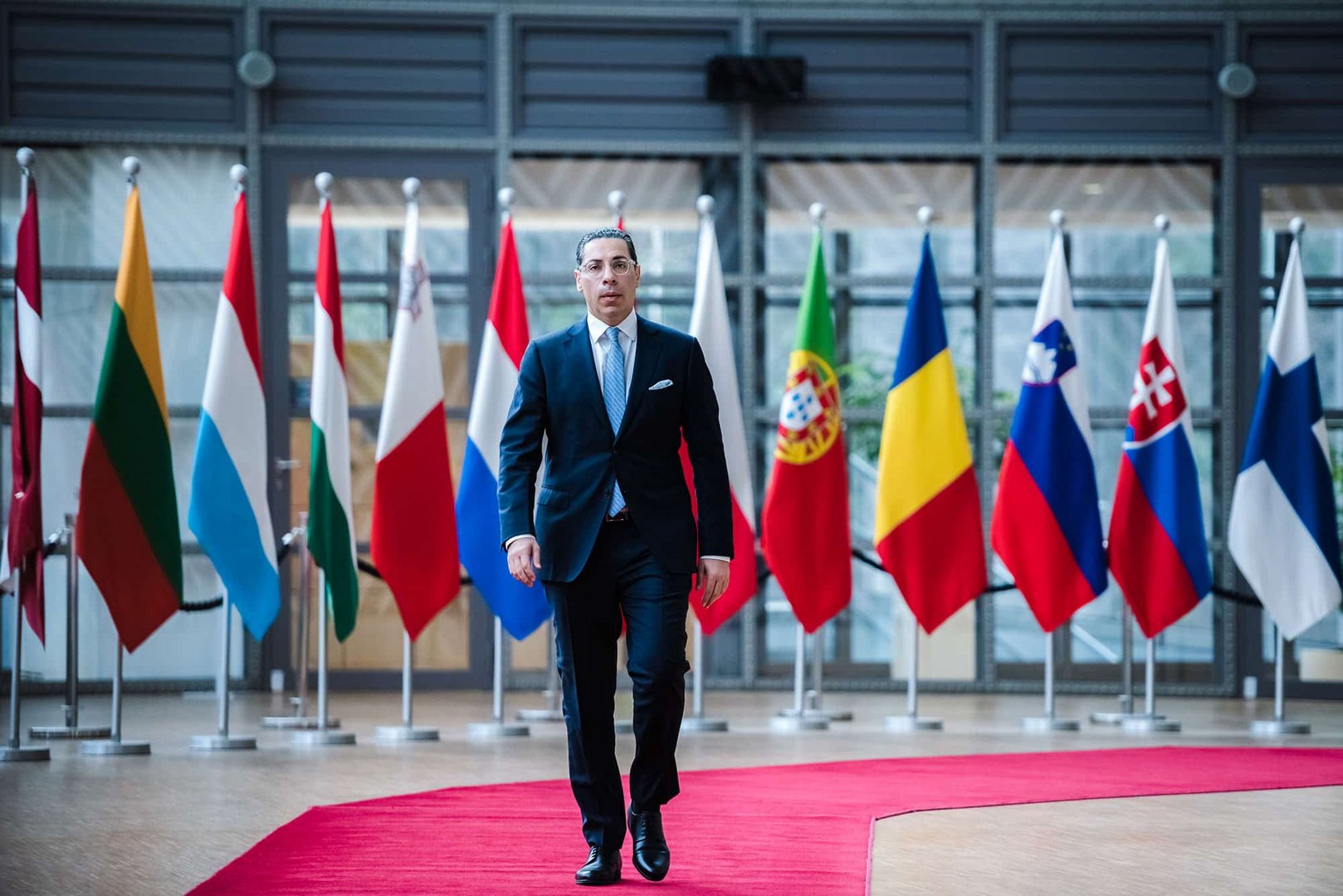A two-state solution is the “only viable political option” in Israel-Palestine, Cyprus Foreign Minister Constantinos Kombos said on Monday.
Speaking to Egyptian newspaper Al-Ahram ahead of a two-day visit to Egypt, he said Cyprus is “unequivocally against” the displacement of Palestinians, and pointed out that Cyprus has recognised the state of Palestine since 1988.
“Cyprus rejects in absolute terms the displacement of Palestinians in Gaza,” he said, adding that “anyone who states otherwise is deliberately ignoring the historical reality of Cyprus, which, for reasons obvious to everyone, would be the last country in the world which would contribute in any way to the displacement of even one Palestinian.”
He added that Cyprus is seeking an “immediate ceasefire” in Gaza, together with the release of all hostages taken during the violence, and spoke of the need for an “unhindered flow of humanitarian aid” to Gaza.
On this matter, he spoke of how Cyprus’ Amalthea humanitarian aid corridor has provided “additional” aid to Gaza, but stressed the importance of land routes for humanitarian aid, particularly through the Rafah crossing from Egypt.
“We strongly believe in enabling rapid, safe and unhindered aid reaching Gaza through more access points, including by multiplying corridors by land, by air, and, of course, by sea,” he added.
Speaking on Egypt’s role in the region, he said the country is “pivotal” to regional and international developments, and that it is an “important factor in promoting stability and security”.
With this in mind, he highlighted Egypt’s efforts to mediate the conflicts both in Gaza and Libya.
He also said the timing of his visit to Egypt “underlines the strategic importance and robust nature of the strong bilateral relationship between the two countries.
“Amid regional and global challenges, Cyprus and Egypt must strengthen cooperation and synchronise efforts in areas of mutual interest and objectives for the benefit of advancing our cooperation,” he said.
He made reference to the Back to the Roots programme, which forms part of the tripartite cooperation between Cyprus, Egypt and Greece, and allows for Cypriots and Greeks of Egyptian origin to travel to Egypt to visit the places where they or their ancestors lived and the schools they attended.
So far, between 50 and 70 Cypriots and between 100 and 120 Greeks have made the journey.
He also touched on the matter of relations between Egypt and the European Union, saying, “Cyprus has long supported this strategic relationship, and we were proud to see it culminate with a joint declaration signed by the President of the European Commission and the President of Egypt for a strategic and comprehensive partnership.”
Additionally, on the matter of energy, he said Cyprus and Egypt are “currently discussing cooperation on the exploitation of specific natural gas fields”, which he said both countries hope “can contribute to the establishment of our region as an energy hub.”
He also briefly spoke on an agreement to allow Egyptians to more easily acquire the right to work in Cyprus, saying “this initiative not only strengthens Cyprus’ economy by meeting labour demands but also creates valuable employment opportunities for Egyptian workers.”
“Legal immigration is, for us, not only a way to deal with shortages in the labour market, but also a way to fight against irregular migratoin, human trafficking, and the exploitation of workers,” he added, saying he hopes the relevant agreement will be implemented “as soon as possible”.






Click here to change your cookie preferences